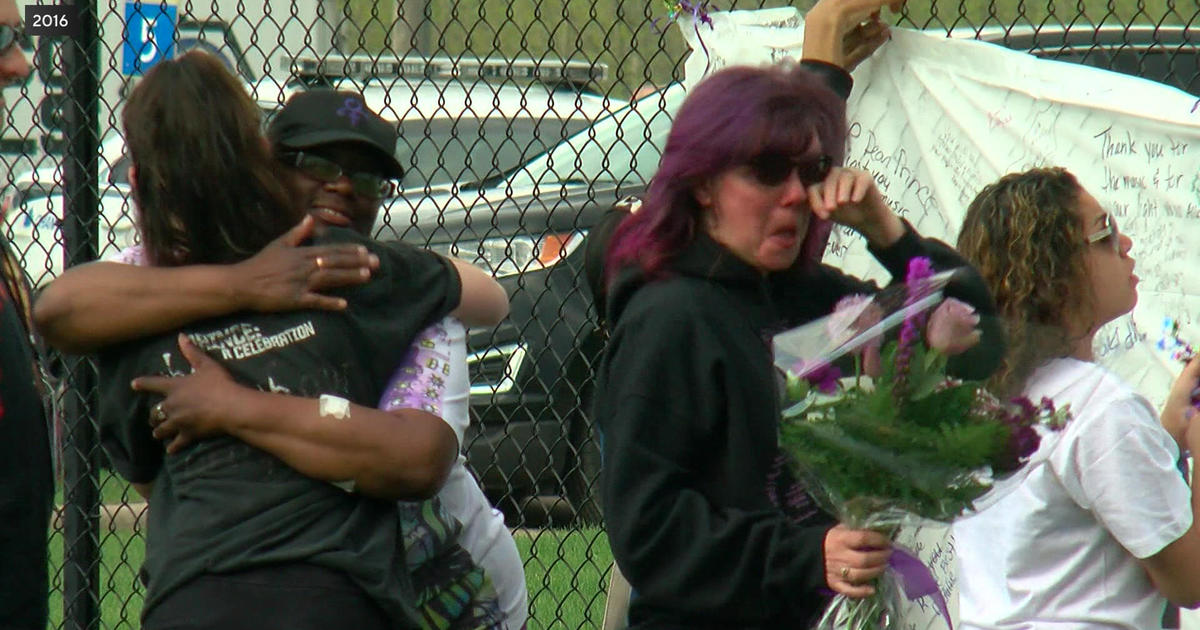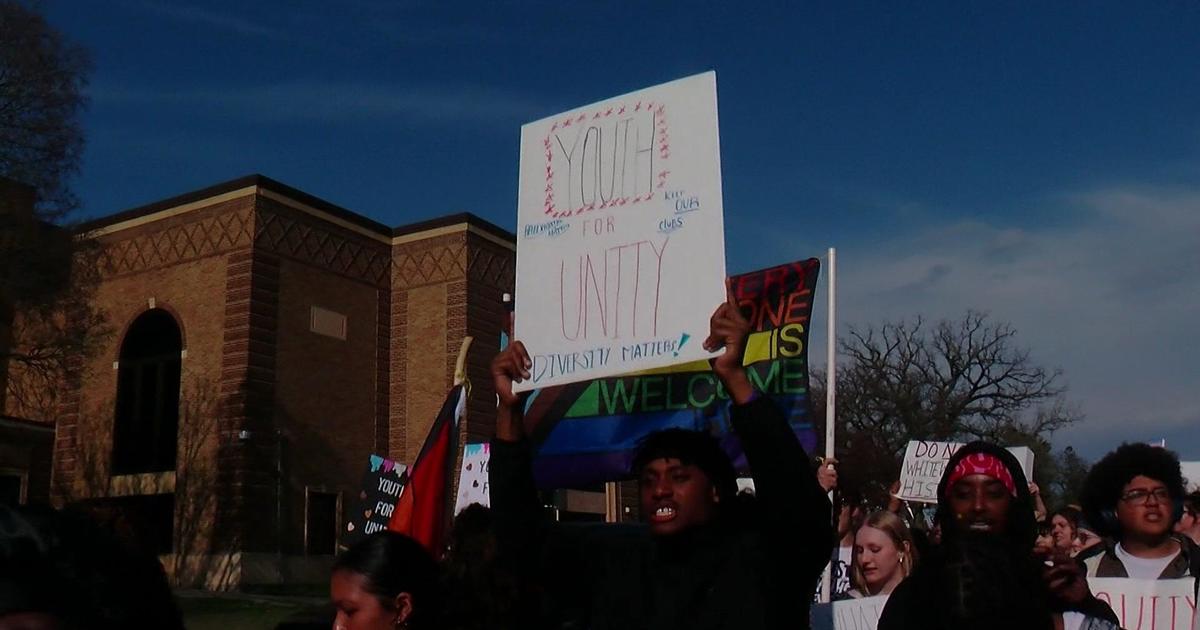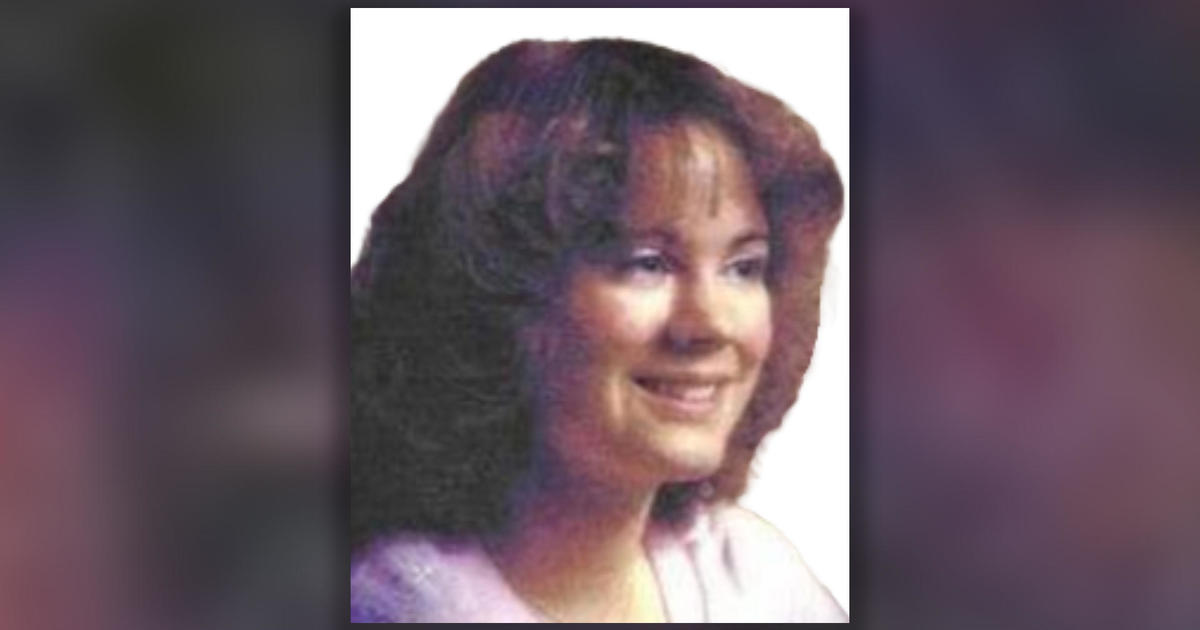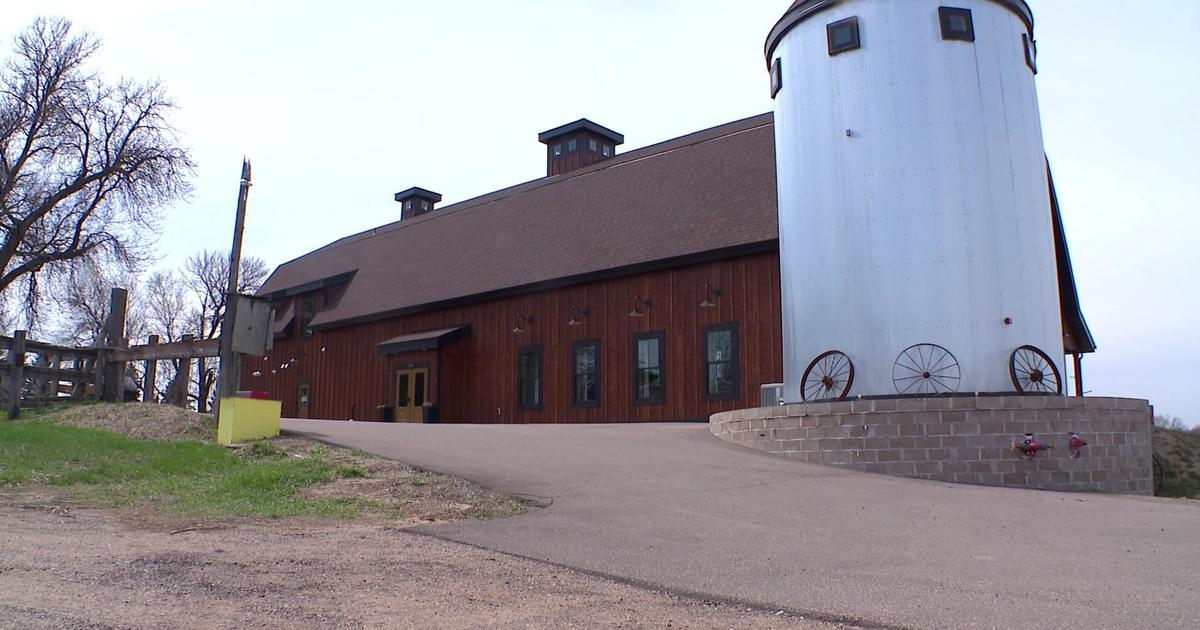Officer Who Shot Philando Castile Underwent 23 Hours Of Training In 2016
MINNEAPOLIS (WCCO) -- The reason for the stop that ended with Philando Castile's death is still not clear.
The lawyer for the officer who pulled the trigger, Jeronimo Yanez, says his client stopped Castile because he resembled a suspect in a recent convenience store robbery. But in the aftermath video posted on Facebook, Castile's girlfriend said Yanez told them he stopped them for a broken tail light. The reason behind the stop will likely play a key role in this case.
One day before a nine-minute Facebook video went viral, two pictures from the Bureau of Criminal Apprehension were viewed by far fewer people. An armed robbery at this Super USA in Lauderdale captured on surveillance cameras.
It's a crime that could play a key role into what played out a mile and a half away. St. Anthony police officer Jeronimo Yanez's attorney, Tom Kelley, confirmed his client thought Philando Castile looked like a robbery suspect the night he was pulled over.
Which robbery? Kelley didn't make that clear, and no law enforcement agency has suggested Castile was even involved.
As former director of the law enforcement program at Hennepin Technical College, Mylan Masson explained how suspicion is enough for a police officer to pull someone over.
"I think the main thing was the suspicion of this person in the area, matching the description, you have reason to pull him over," she said.
Masson says all Minnesota two-year law enforcement colleges spend 40 to 60 hours training just for traffic stops. What isn't yet clear is just what kind of stop it was that night.
St. Anthony's own training manual details the difference between a low-risk and high-risk stop. "Low risk" is justified by a violation or reasonable suspicion. In a high-risk -- or felony -- stop, "calling for backup and having a firearm drawn and ready to point and use if necessary." The manual also notes how an officer should "have suspects exit out of driver's side door..."
They're all procedures we don't yet know if Officer Yanez tried to use that night.
"A felony stop is a stop where you know for sure that there could be guns or weapons involved," Masson said, "and this person could have just committed a heinous crime."
WCCO obtained a copy of Yanez's training summary. This year, he completed active shooter, use of force and de-escalation training -- 23 hours in total.
"I think officers are more and more trained now than ever before," Masson said. "Now they're getting training in all aspects of life -- sociology, psychology, ethics -- not only shooting or defensive tactics."
Minnesota requires all officers complete 48 hours of continuing education every three years. Masson believes people need to have a better understanding of what police are trained to do, and urges patience in this case before drawing conclusions.
"It looks really bad, but you're only getting the perspective of the person shooting the film," she said. "That's very important to wait for the whole perspective before we make any judgment."
Officer Yanez's partner, Joseph Kauser, is also on paid leave pending the outcome of the shooting investigation. He completed 45-hours worth of training this year.



